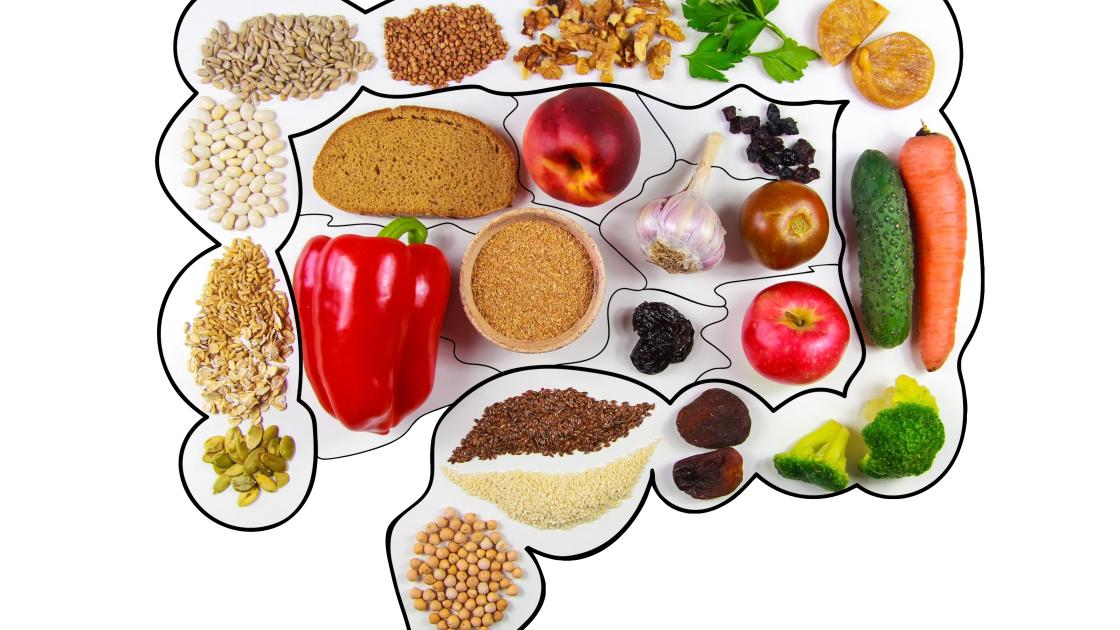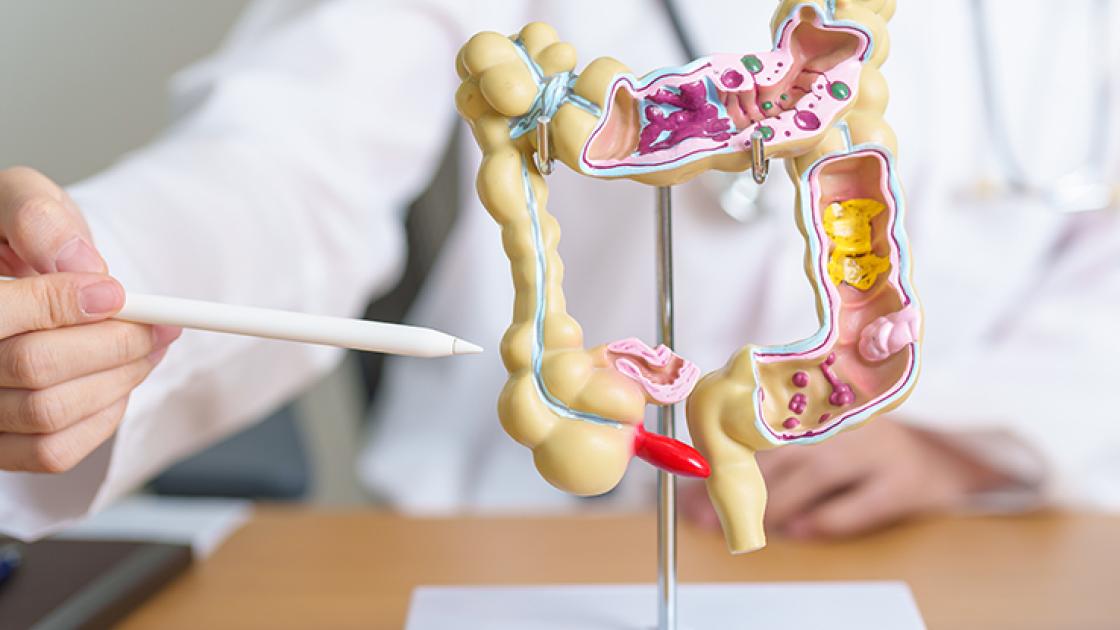
What is leaky gut syndrome?
"Leaky gut syndrome" has been in the health news lately. Doctors and researchers are still learning about this syndrome, what causes it and how to best treat it.
There's no question that your gut has a huge impact on your overall well-being—so it's worth it to learn about ways to improve your gut health.
What is leaky gut syndrome?
Your gut (specifically, your intestines) has an inner lining made of specialized cells. These cells form a barrier between your gut and the rest of your body. The barrier is not completely impenetrable, which is a good thing—otherwise, nutrients from the foods you eat wouldn't get absorbed.
The term "leaky gut" describes an inner gut lining that too permeable. Increased intestinal permeability is a known factor in gastrointestinal conditions like Celiac disease and irritable bowel syndrome.
A growing hypothesis claims that a leaky gut also allow things that shouldn't get past the intestinal wall—like toxins, bacteria and bits of food waste—to enter the bloodstream and travel to other areas of the body, where they can cause harm. Proponents of the leaky gut syndrome theory say this is how increased intestinal permeability can lead to conditions like type 1 diabetes, lupus, chronic fatigue syndrome, fibromyalgia, food allergies, arthritis and acne. Even mental health problems like depression have been linked to leaky gut syndrome, because of the way our nervous system, gut and bacteria living in the gut communicate with each other.
At the moment, there's not enough scientific evidence to definitively prove whether a leaky gut actually causes these issues.
What causes a leaky gut?
A variety of factors can cause damage and inflammation in the gut lining and possibly allow substances to permeate through. These factors include:
- The use of certain medications
- Heavy alcohol consumption
- A diet that is low in fiber and high in processed foods, including refined sugars and saturated fats
- Genetic predisposition
Even psychological stress may alter the gut lining and affect the way nutrients are absorbed.
What you can do to improve your gut health
The truth is, we simply don't know for sure whether and how much gut wall problems drive specific health conditions outside the gastrointestinal tract. What this means is that proposed treatments for leaky gut—including probiotics, supplements, and the elimination of certain foods from the diet—might not have as much of an impact on certain health conditions as proponents claim.
But it is clear that a moderate lifestyle, eating a nutritious diet, managing stress, getting enough sleep, exercising regularly and practicing other healthy habits can improve the health of your gut lining and restore proper balance to the bacteria living inside your gastrointestinal tract. These healthy habits can also help manage chronic health conditions in their own right.
So, if you have a chronic health condition like diabetes or arthritis, be sure to talk to your medical team about beneficial lifestyle modifications you can make alongside your other treatment options.
Could you be dealing with a leaky gut?
Contact SIU Medicine at 217-545-8000 to connect with a gastroenterologist or other medical provider who can help you improve your gut health and gain more clarity over your well-being.




